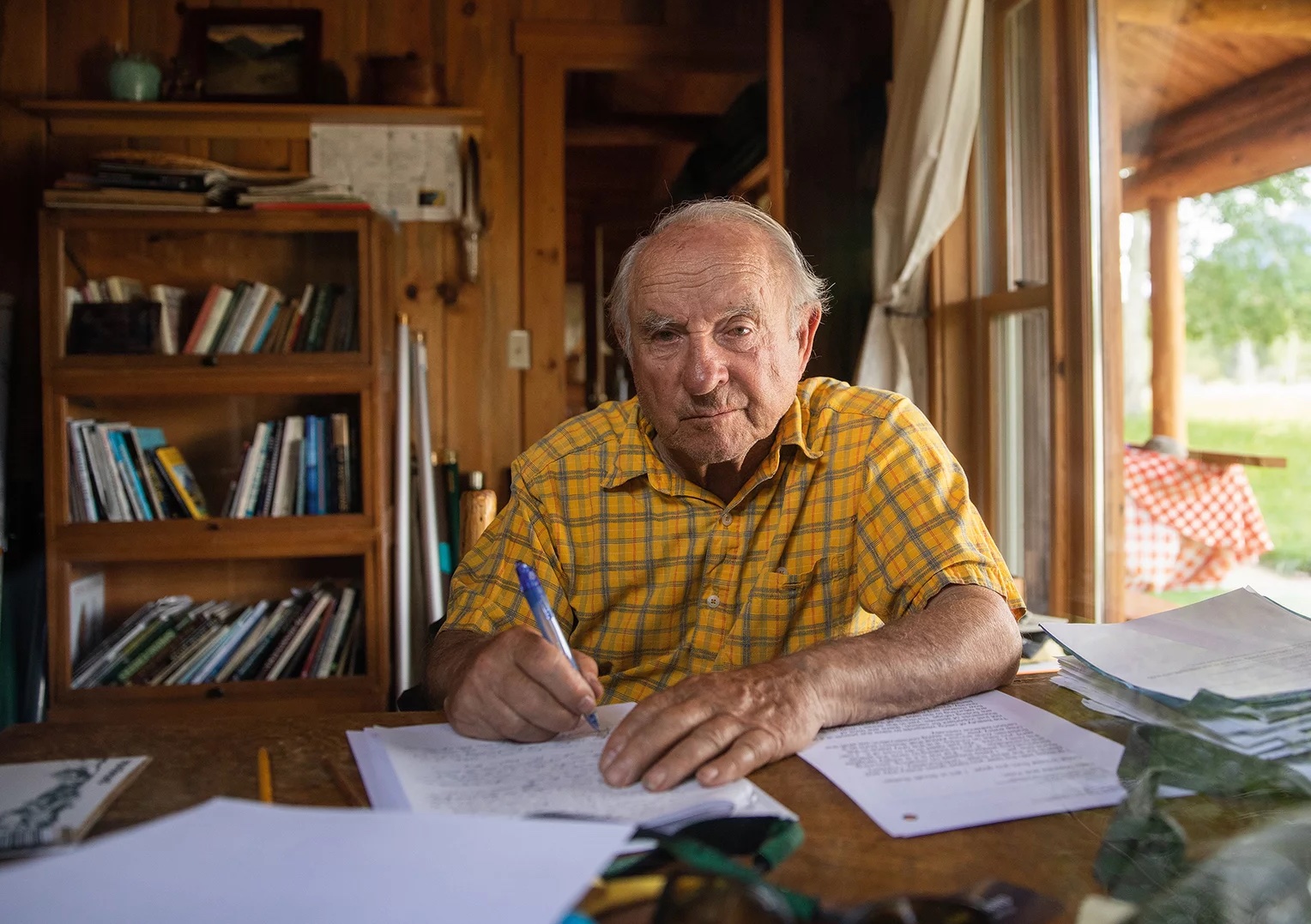Patagonia is no longer for-profit. It’s for-planet.
What’s happening: The outdoor brand’s founder Yvon Chouinard transferred all of his family’s shares in the company to two entities: Patagonia Purpose Trust and the Holdfast Collective.
One will uphold the purpose-driven structure of the company. The other will take every dividend earned (~$100M/year) to invest in fighting climate change.
Chouinard sees this as a necessary step forward for all companies:
“Instead of extracting value from nature and transforming it into wealth, we are using the wealth Patagonia creates to protect the source. We’re making Earth our only shareholder. I am dead serious about saving this planet.”
Why it matters: Patagonia has always led by example, driving the apparel industry toward a more sustainable future. And its mission has resonated with consumers — it became a billion-dollar brand late last decade despite giving 1% of its annual earnings to green charities since 1985.
Now, other brands are exploring sustainability as a strategy:
- Swiss running brand On debuted a resale site for used shoes and garments, launched a recyclable shoe program, and its CO2-based sneaker is a WIP.
- Nike’s new fabric Forward has a 75% lower carbon footprint compared to standard knit fleece; its first products using it are now available.
- Last year, adidas and Allbirds collabed to create a shoe with the lowest carbon footprint ever.
Punchline: Some may accuse other companies of greenwashing—using sustainability as a marketing ploy—and some brands do. But, by demonstrating a new corporate structure, Patagonia is gifting a planet-friendly playbook sure to land with both consumers and stakeholders.
 Patagonia
Patagonia


